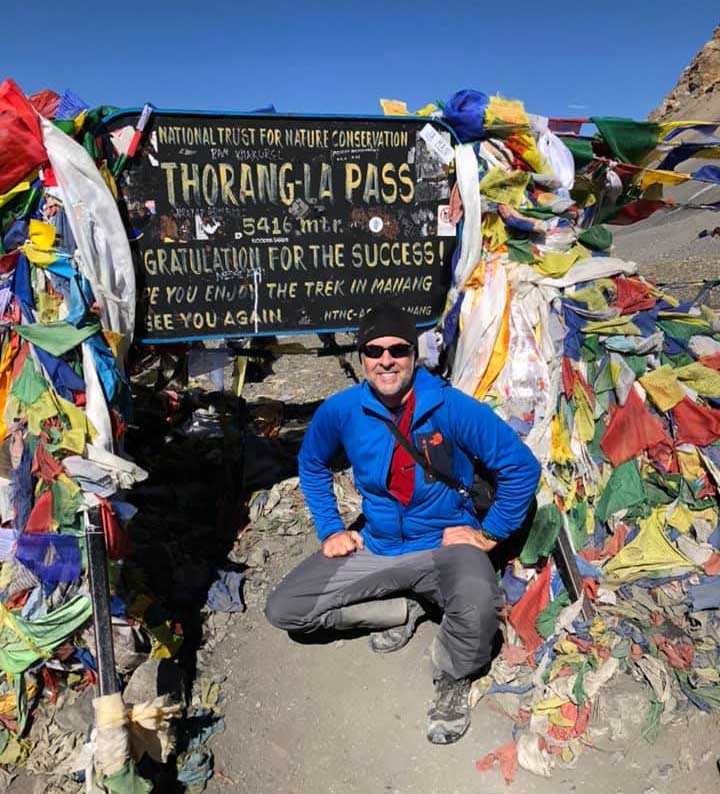New Fellowship Honors the Life of Paul Tompkins
Marylee WilliamsThursday, April 25, 2024Print this page.

Carnegie Mellon University's School of Computer Science has established the Paul David Tompkins Endowed Fellowship to support graduate students in the Robotics Institute (RI) while celebrating the life of Paul Tompkins, who received his Ph.D. in robotics in 2005.
Paul passed away in 2022, and his mother, Mimi Tompkins, made a $1 million commitment to fund an endowment to support students interested in pursuing a career in space exploration, which was Paul's passion.
"I understand that as time goes on none of these people will know who Paul is, but I hope his life serves as an inspiration for other people to pursue their dreams," Mimi said. "Without education, Paul would not have had the career that he loved so much."
Mimi explained that Paul was passionate about learning and determined to achieve his goals of working in space exploration. Paul earned his undergraduate degree in aeronautics/ astronautics from the Massachusetts Institute of Technology in 1992 and continued his education at Stanford University, where he received a master's degree in mechanical engineering in 1997. Finally, he came to CMU, where he earned both a master's and Ph.D. in robotics.
While at CMU, Professor Red Whittaker advised Paul on research into space exploration and planetary rovers, with a goal of exploring ice at the poles of the moon. Whittaker said Paul's enthusiasm for space and the unknown ran deep, and that he was an inspiration.
"More than anyone of his time, Paul envisioned what the ice at the poles of the moon would mean to the future of space exploration," Whittaker said.
Paul's research led him to NASA's Ames Research Center in California, where he led the flight team for the Lunar Crater Observation and Sensing Satellite (LCROSS). In 2009, his team determined that there was ice on the moon and he penned a blog detailing the project. After the spacecraft intentionally crashed into a crater on the surface of the moon, he called the mission a highlight of his career.
"The mission itself is truly amazing (We're impacting the moon! We're looking to see if there's water ice at the poles! We're going to this utterly unexplored place in our solar system, so close to home, and are so excited about what we're yet to learn!)," Paul wrote. "LCROSS is so important to both science and exploration. This mission is blazing a new path in how to build small, robust spacecraft both on schedule and on budget."
After NASA, Paul spent nine years at SpaceX working on its Dragon cargo and crew missions. He went on to join Blue Origin in Kent, Washington, where he contributed to the Artemis human landing system and the Orbital Reef program.
Outside work, Paul loved the outdoors and sought adventure around the world. He was an avid mountain climber and scuba diver. He also earned his private pilot license, flying helicopters and learning to fly fixed-wing planes. Paul's love of nature was central to his life, and he found his ideal home in the Pacific Northwest, Mimi said.
"Paul was the kind of person who had fun doing everything he pursued," Mimi said. "Nothing was drudgery, no matter how hard he worked at school, his career or personal activities. Paul was passionate about learning and becoming the best he could be. He enjoyed challenges and faced them with courage and commitment. He also encouraged and supported everyone he knew in achieving their goals. Paul was and remains an inspiration, beloved son, friend and colleague to all who knew him."
The fellowship will be awarded annually to a graduate student in the Robotics Institute.
Aaron Aupperlee | 412-268-9068 | aaupperlee@cmu.edu
